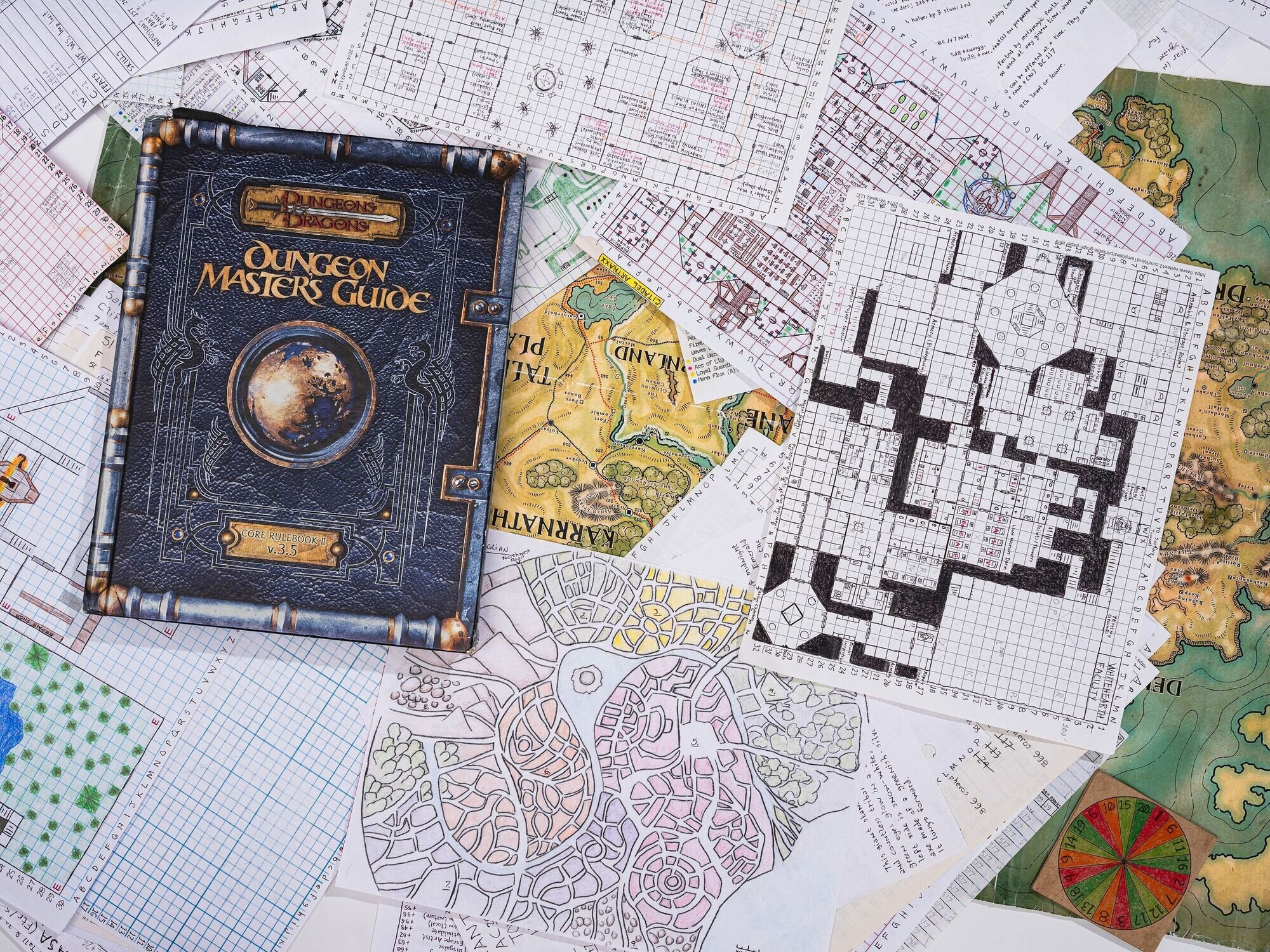
For those who don’t know about Dungeons & Dragons - D&D as its popularly known - was a tabletop role-playing game known for its miniature figurines and 20-sided dice. Players were entranced by the way it combined a choose-your-own-adventure structure with group performance. In D&D, participants create their own characters — often magical creatures like elves and wizards — to go on quests in fantasy worlds. A narrator and referee, known as the Dungeon Master, guides players through each twist and turn of the plot. There’s an element of chance: The roll of the die can determine if a blow is strong enough to take down a monster or whether a stranger will help you. The game has since become one of the most popular in the world, celebrated in nostalgic television shows and dramatized in movies. It is played in homes, at large conventions and even in prisons.
A fascinating piece at the Marshall Project by Keri Blakingerabout a group of men on death row in Texas who play Dungeons & Dragons.
To cope with the isolation they face daily, the men on death row spend a lot of their time in search of escape — something to ease the racing thoughts or the crushing regrets. Some read books or find religion. Some play games like Scrabble or jailhouse chess. Others turn to D&D, where they can feel a small sense of the freedom they have left behind.
[…]
Playing Dungeons & Dragons is more difficult in prison than almost anywhere else. Just as in the free world, each gaming session can last for hours and is part of a larger campaign that often stretches on for months or years. But in prison, players can’t just look up the game rules online. The hard-bound manuals that detail settings, characters and spells are expensive and can be difficult to get past mailroom censors. Some states ban books about the game altogether, while others prohibit anything with a hard cover. Books with maps are generally forbidden, and dice are often considered contraband, because they can be used for gambling. Prisoners frequently replace them with game spinners crafted out of paper and typewriter parts.
On the old death row, prisoners could call out moves easily through the cell bars; they also had the chance to play face to face, sitting around the metal tables in the common room or under the sun of the outdoor rec yard.